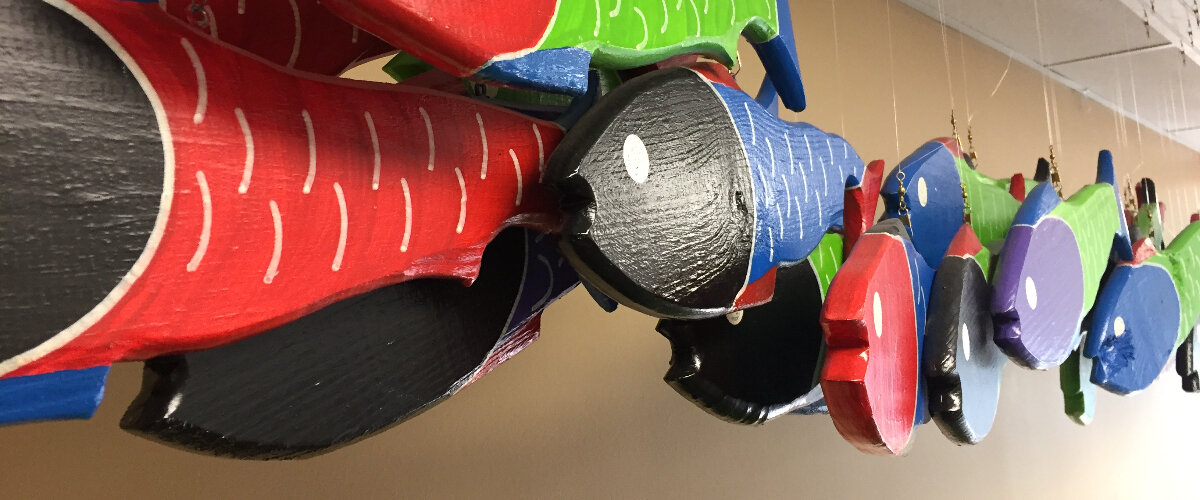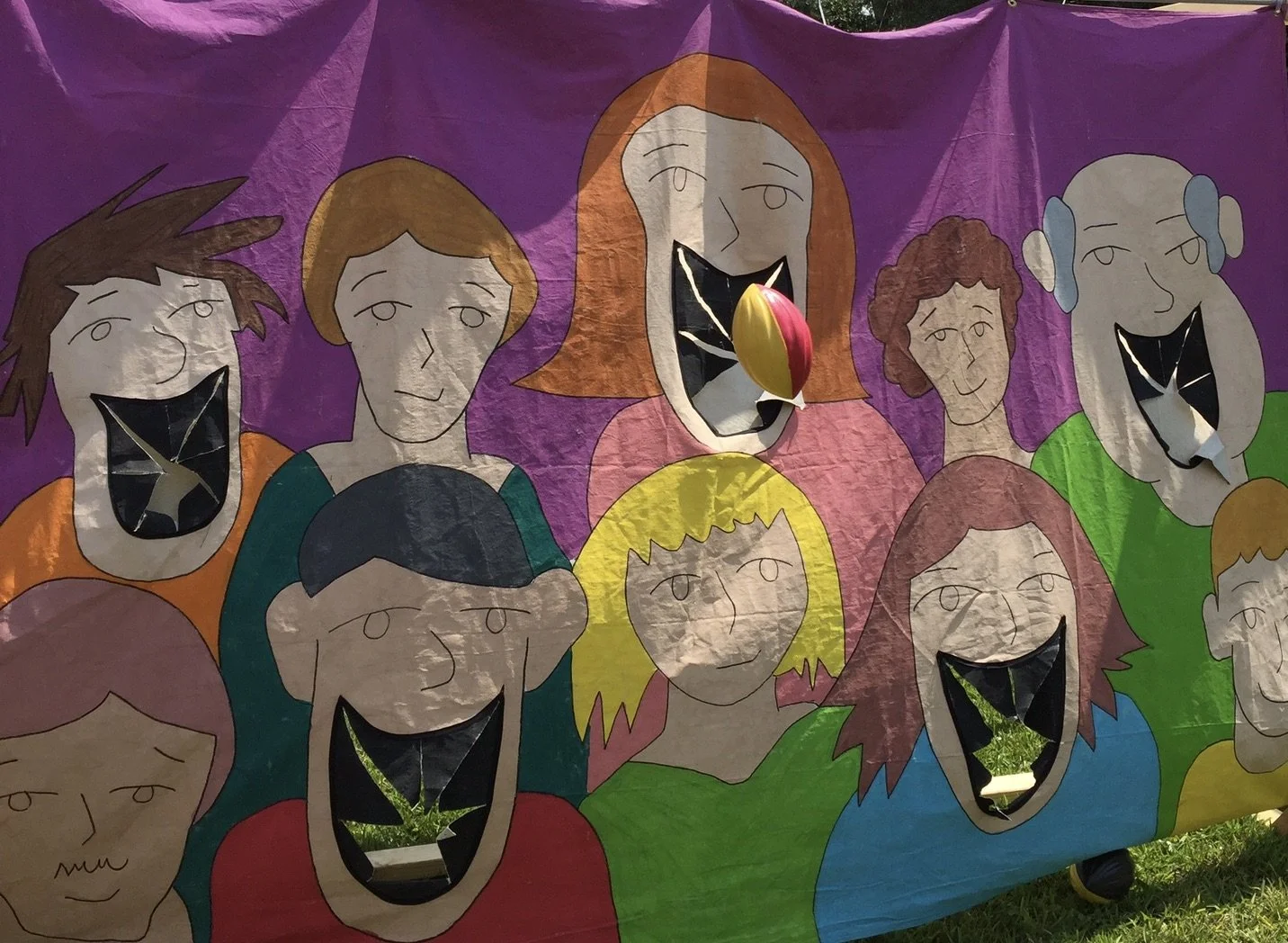

Rally Day
 Whether you're returning after the summer or joining us for the first time, Rally Day is the perfect opportunity to reconnect, build relationships, and find your place in our church family.
Whether you're returning after the summer or joining us for the first time, Rally Day is the perfect opportunity to reconnect, build relationships, and find your place in our church family.
This special day highlights God’s desire for all His people—children, youth, and adults—to grow in faith by grounding their lives in His Word. It’s a joyful reminder that learning and living God’s truth should be part of our daily rhythm.
Join us as we celebrate the ministries of our congregation with a day full of fun and fellowship—including food, games, displays, a water slide.

We need a time to reflect on what God has done through and with us.
1. To remember God’s mighty acts and His saving power (Joshua 4:4-7).
2. As a testimony to the future in provoked questions providing opportunities to pass on faith and God’s story.
3. To remind us, God’s people, of His promises (Genesis 28:18-22; Genesis 31:44-52)
4. To express thanksgiving and give glory to God. (Exodus 17:15).
5. To warn and instruct so that we keep the our focus on Jesus (Deuteronomy 27:2-8).
Goals of Rally Day
1. To raise awareness to be in the Word of God (think Sunday School and Bible Study).
2. To identify, greet, and mingle with church leadership.
3. To put us on our neighborhood map
4. To celebrate past ministry accomplishments to set our sights on the future.
Rally Day 2025-2021
Rally Day Pictures 2020-2016
Rally Day Pictures 2015-2011
Rally Day Pictures 2010-2009

- A rich and complex history is a threat to simple, one-dimensional narratives.
- Insidious narratives are used to shape identities
• Narratives overcome strong resistance to persuasion
• Acceptance more likely without time for reflection
- Defending the right of the past to speak to us and to future generations.
• Erasure of monuments is insidious because erasure is to limit interpretations
• Keeping monuments allows a multiplicity of interpretations and meanings
- Destruction of monuments
• Breaks the tactile link to the past
• Removes collective memory and thereby cultural identity
• Removes the ability to assess and reassess history
• Harder to understand the place of these monuments with a culture context
• Eliminates identities that are unlocked, validated, and explained
Why we should defend historical monuments from destruction Maria Chen
















